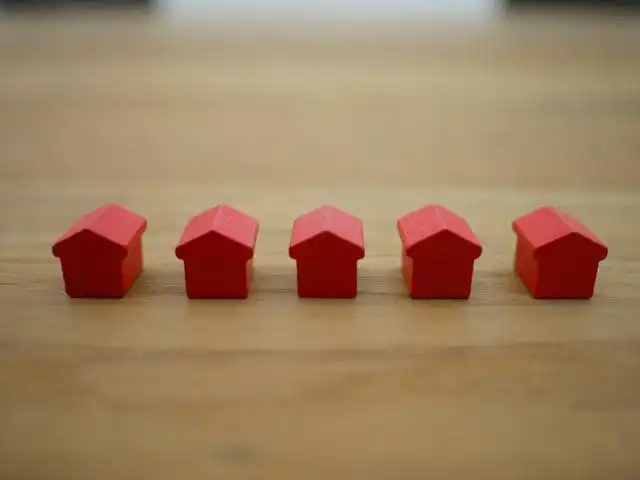
With the interest rate at the lowest it’s been in about half a century, many people are looking to invest in property with the purpose of renting it out. “Anecdotally we know that property is a great, very resilient, long-term investment option,” says Steven van Rooyen, Principal at Leapfrog Milnerton. He adds that buying to rent out is a transaction that should be considered with care to ensure the best results. Below are some of the points he recommends taking into account.
Crunch the numbers
A keen understanding of the numbers is central to any investment, and especially when buying property to rent you.
Firstly, the investor must consider the difference between rental yield and capital growth, says Van Rooyen. “It’s rare that a property delivers both a high rental yield and above-average capital growth, but the choice of which one to opt for depends on your financial goals.”
As a general rule, properties with a lower rental yield but high capital growth tends to outperform properties where it is the other way around. Swain adds though that the affordability of the rent for potential tenants must be considered, as well as the demand and supply for rental property in the area.
When it comes to the numbers it is not just about the purchase price of a rental property, but also about the associated costs, including legal and maintenance, as well as potential rental income and future growth. “There’s the cost of rates and levies, and insurance, which must be accounted for in predicting the rental income potential of a property,” Van Rooyen adds.
The right location
If good property investments had a mantra “location location location” would be it, and the same certainly applies to a property that you buy to rent out.
For the best returns opt for a property in a location where there is a high demand for rental places, but also consider the types of tenants you’re likely to get in specific locations. Location factors to consider include the general reputation and upkeep of the area, historical capital growth of properties in the area and future development plans for the neighbourhood. A reputable property agent that specialises in a particular area will be able to assist with this – and more – information.
Don’t neglect the maintenance
The owner of a property is responsible for the majority of the maintenance costs. The owner, or their appointed landlord, is obliged to look after the structural maintenance of the property, which typically includes electrical wiring, plumbing, roof leaks, alarms systems and more. General wear and tear also needs to be accounted for, which would also be for the owner’s account. A well-maintained property can often demand (marginally) higher rent, compared to similar properties in the same area and price bracket.
Eviction issues
Know this before you buy to rent it; it is not easy to evict a tenant, no matter how delinquent a payer they are. Unfortunately the owner has fewer legal rights than the tenant, and eviction invariably needs to follow the legal process, which can take up to four months and which could cost the owner upwards of R30 000. “Add the legal to your loss in rent, and possibly repair costs to your property, and it becomes an expensive exercise,” Van Rooyen cautions.
Make sure to do the necessary background, criminal and credit checks on tenants. A trusted property advisor can easily manage this on your behalf. Similarly, when you run into problems with tenants the letting agent will know which legal channels to follow to manage and resolve matters as amicably and cost effectively as possible.
Author: Leapfrog Property Group

